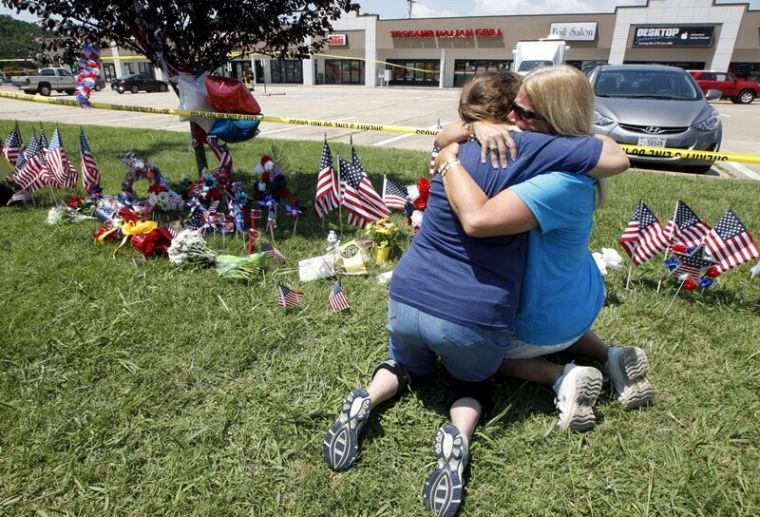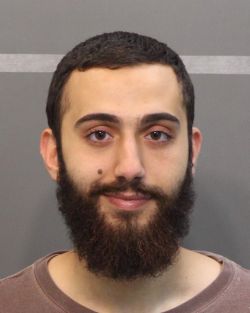Chattanooga gunman's motives for killing 5 US soldiers: Struggle with Islamic faith and depression, trips to Jordan seen as clues


Mohammad Youssef Abdulazeez, the 24-year-old suspect in the death of five US military personnel in Chattanooga, Tennessee, was described as a person who struggled with his Islamic faith and depression, used drugs, liked to shoot guns, and might have been radicalised by trips to Jordan.
The Kuwaiti-born gunman opened fire on a military recruiting station on Thursday last week. He then ran to a second military site where he killed four US Marines. A Navy sailor later died of his wounds. Abdulazeez was also killed in the ensuing shootout with the police, officials said.
At least two other people, a Marine Corps recruiter and a police officer, were wounded, according to law enforcement officials.
"For many years, our son suffered from depression. It grieves us beyond belief to know that his pain found its expression in this heinous act of violence," his family said in a statement, according to a Washington Post report.
Months before the July 16 shooting, Abdulazeez was arrested for driving under the influence and his friend told the Washington Post that he was "pretty upset" that his mugshot photo was posted online and in Just Busted, a newspaper.
He underwent treatments for his depression but would always stop taking his medication.
Like other kids in Chattanooga, Abdulazeez liked to shoot guns, drive four-wheelers and do mountain climbing. He bought an AK-74 and AR-15 assault rifles and a Saiga 12 pistol-grip shotgun.
"Take any typical Chattanoogan — Christian or Muslim — and he's going to like to shoot guns, ride trucks and climb mountains," the friend told the Washington Post.
The friend said Abdulazeez's father became angry when he saw one of the rifles in their home.
Months before the attack, the friend said he, Abdulazeez and two other young Muslim men talked about the conflicts in the Middle East including the dispute between Israel and Hamas in Gaza and Abdulazeez blamed the US foreign policy for some of the bloodshed.
"All of us are upset right now about the fighting. It wasn't anything that would throw up red flags. We never would have seen this coming at all, but especially from him. Nobody suspected a thing. If we had, we would have done something to prevent this from happening," the friend said.
Abdulazeez struggled with his faith. He did fasting during Ramadan but did not regularly go to his parents' mosque, said members of the Islamic Society of Greater Chattanooga.
"The father came regularly. The mother did occasionally. We really didn't know much about the boy. He wasn't around," said Bassam Issa, the president of the society.
After the shooting, Issa issued a statement to say that "we are tremendously saddened by today's shooting in our home town of Chattanooga, Tennessee."
"We condemn this act in the strongest possible terms as one of cowardice and hate. At the Islamic Society of Greater Chattanooga, we don't see our community centre as a 'Muslim' community; we are Chattanoogans first, and we see ourselves as part of the larger community of Tennesseans grieving today's act," he said.
He added that they were meeting with law enforcement agencies about the tragedy.
After graduating with an engineering degree from the University of Tennessee, Abdulazeez was hired at a nuclear power plant in Ohio but was fired after he was found positive of marijuana use in a drug test.
Abdulazeez went to Jordan several times. He stayed in Jordan for seven months last year.
Issa said the trips could have radicalised Abdulazeez.
"It has to be the overseas trip that caused this. That's the only thing I can figure out," he said.











